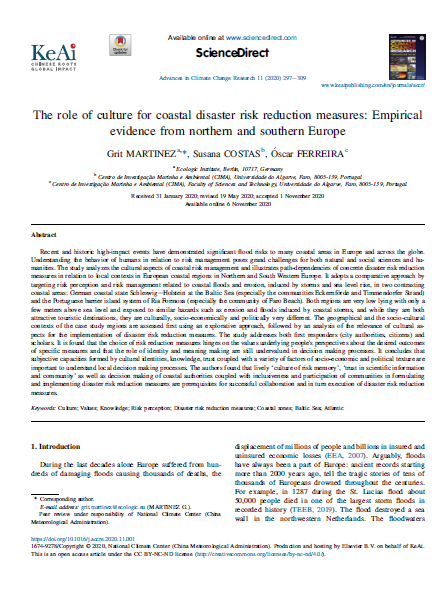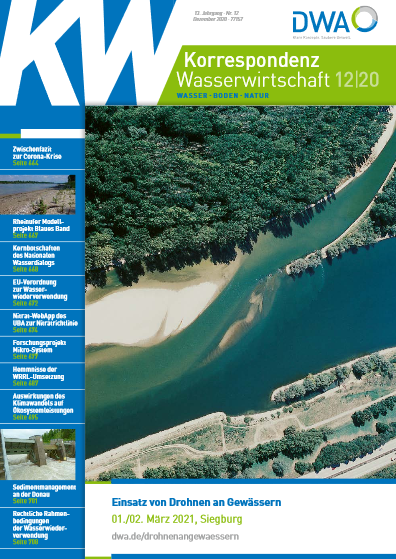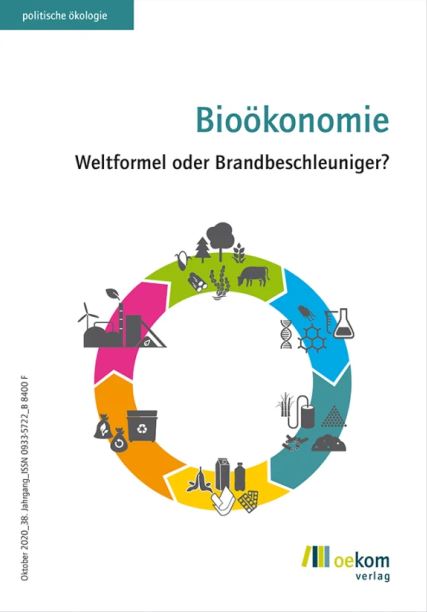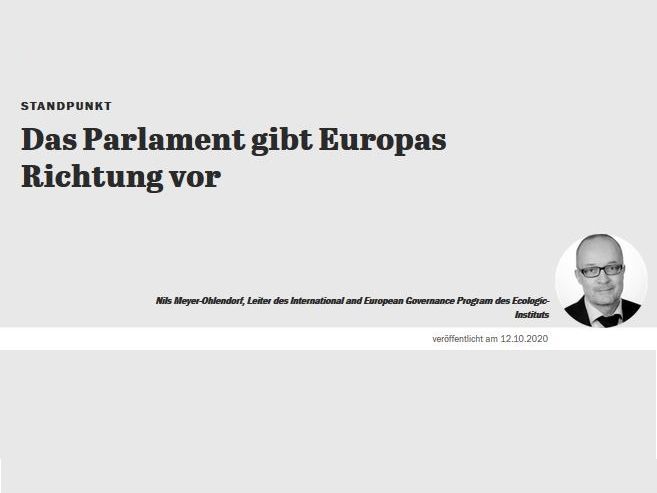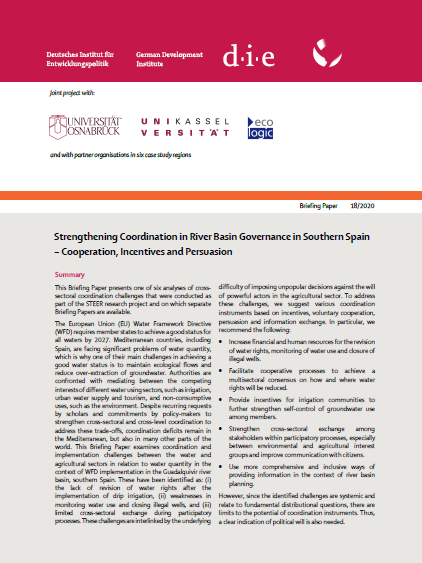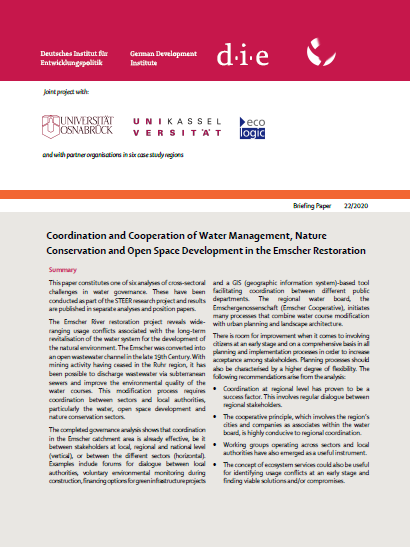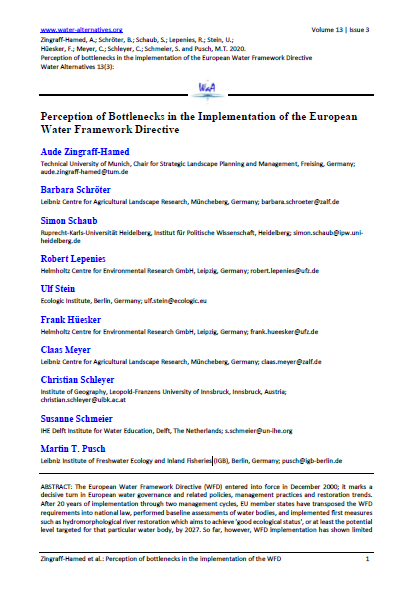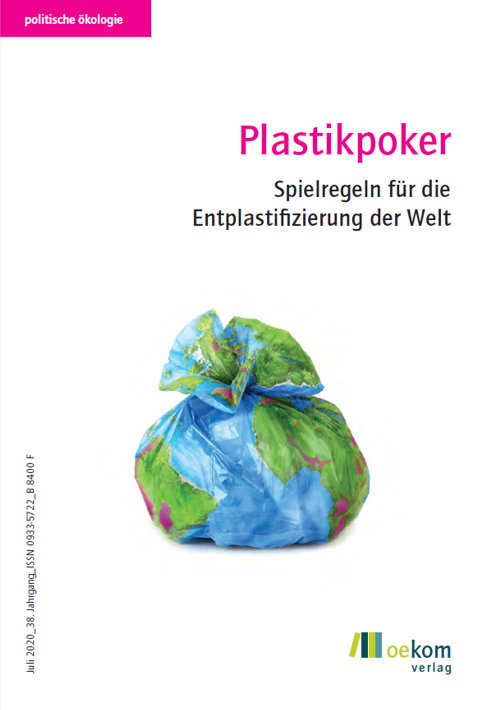Publication:Article
Publication:Article
The Role of Culture and Informal Aspects for Coastal Disaster Risk Reduction Measures
Empirical Evidence from Northern and Southern Europe, Advances in Climate Change Research
Year
Read morePublication:Article
Publication:Article
Handlungsoptionen einer nachhaltigen Bioökonomiepolitik
Wo ein Wille ist, ist auch ein Weg
Year
Read morePublication:Article
Publication:Article
Strengthening Coordination in River Basin Governance in Southern Spain
cooperation, incentives and persuasion
Year
Read morePublication:Article
Publication:Article
From State to User-based Water Allocations
An empirical analysis of institutions developed by agricultural user associations in France
Year
Read morePublication:Article
Publication:Article
Publication:Article
Publication:Article
Publication:Article
Publication:Article
Publication:Article
